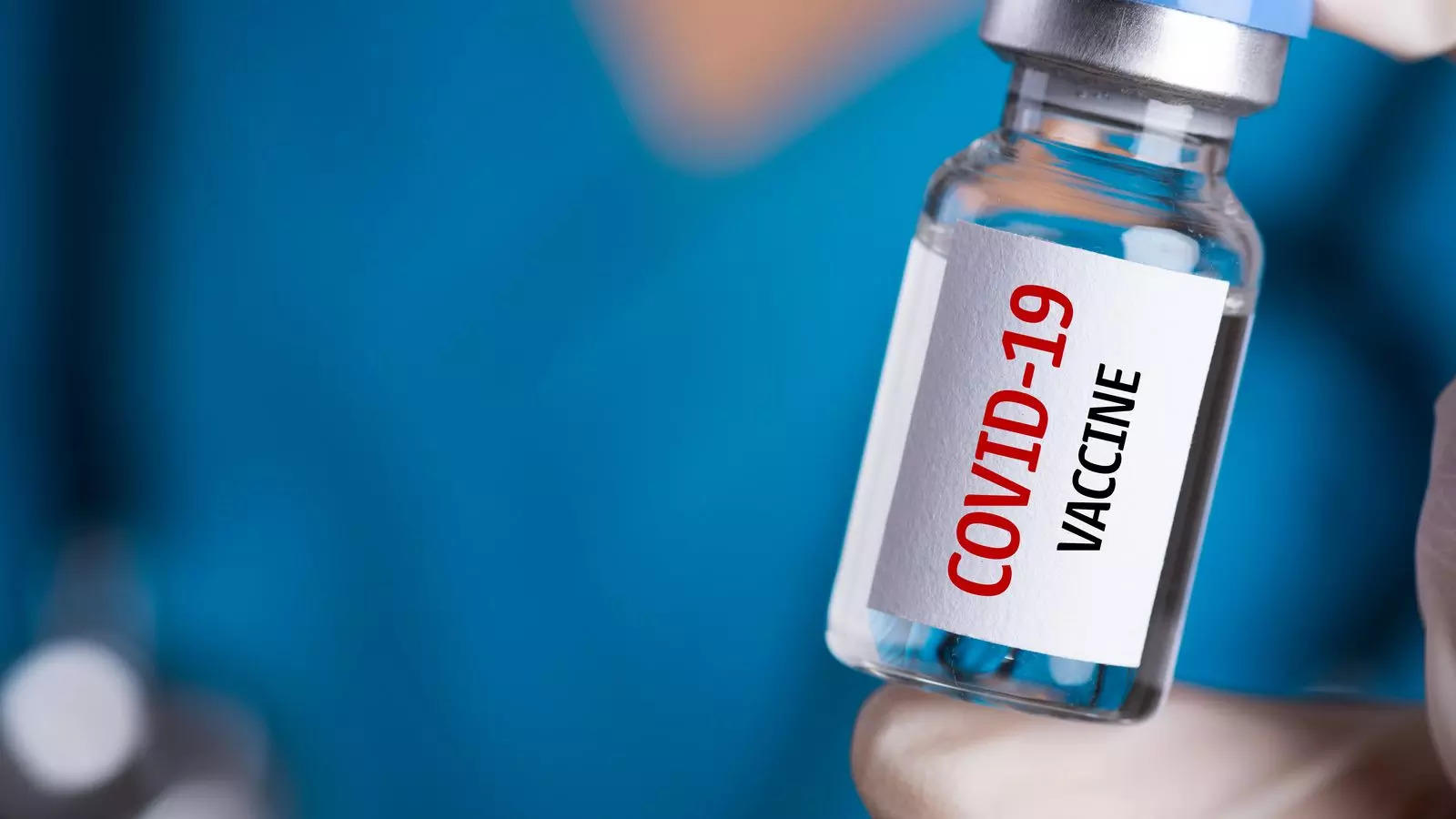
A new study discovered mRNA from COVID vaccines in the milk of breastfeeding moms up to 45 hours after the vaccine was administered. The Epoch Times stated that the study was published in the journal Lancet. The mRNA from the vaccinations was identified in 70% of the breast milk samples tested in the study.
The study was apparently published earlier this month in the Lancet.
During the study, it was discovered that, despite being heavily fragmented, the identified mRNA retained 12 to 25% of its original integrity. More research is needed, according to the researchers, to determine the lowest amount of mRNA that may induce an immunological response in babies.
A total of 20 vaccination exposures and 154 breast milk samples were taken
Before and after the vaccine, breast milk samples were taken from 13 healthy postpartum, breastfeeding women. After vaccination, samples were taken at least twice daily for five days. Seven women supplied samples following the first and second doses of the vaccination. This equates to a total of 20 vaccination exposures and 154 breast milk samples.
The researchers then looked for vaccination mRNA in entire breast milk and extracellular vesicles.
Cells produce extracellular vesicles (EV). They are tiny vehicles that transport biomolecules such as lipids, proteins, microRNA, noncoding RNA, messenger RNA, and DNA. Breast milk contains a high concentration of EVs, which affect gene expression, infant growth and development, and immunological function.
The lactating women had received either the Moderna or Pfizer vaccine
The 13 lactating women had received either the Moderna or Pfizer vaccine. Trace mRNA levels were identified in 10 to 20 exposures up to 45 hours after vaccination. According to the findings, the SARS-CoV-2 spike protein was not expressed.
Before collecting milk samples, all of the women tested negative for Covid. The samples taken before inoculation were reportedly negative for the Covid-19 vaccine.
“Our proposed model suggests that after intramuscular administration, the vaccine mRNA enclosed in lipid nanoparticles is transported to the mammary glands through either hematogenous or lymphatic pathways,” the researchers wrote, as reported by The Epoch Times “Within the mammary cells’ cytosol, a portion of the released vaccine mRNA is recruited and packaged into the developing extracellular vesicles, which are then released into the breast milk.”
The study is significant in that it extends beyond mRNA Covid vaccinations. The investigators claim that the research provides “valuable insights into the transport and presence of vaccine mRNA in breast milk, which can be relevant for assessing the safety and efficacy of future mRNA-based therapies administered to lactating women.”






